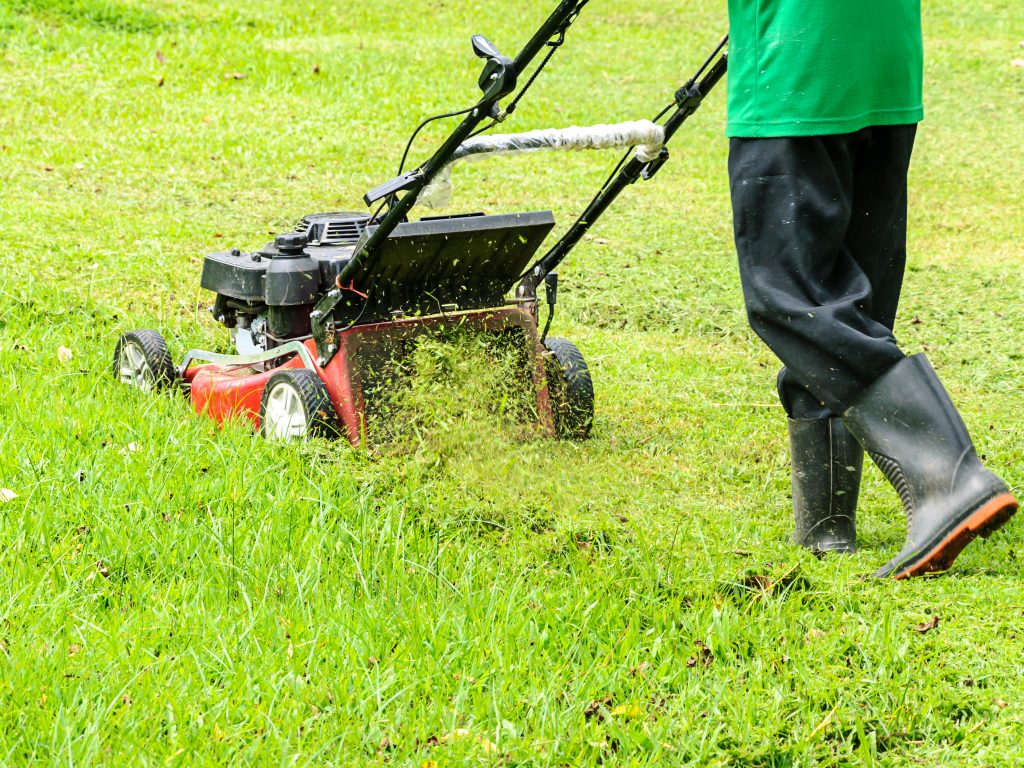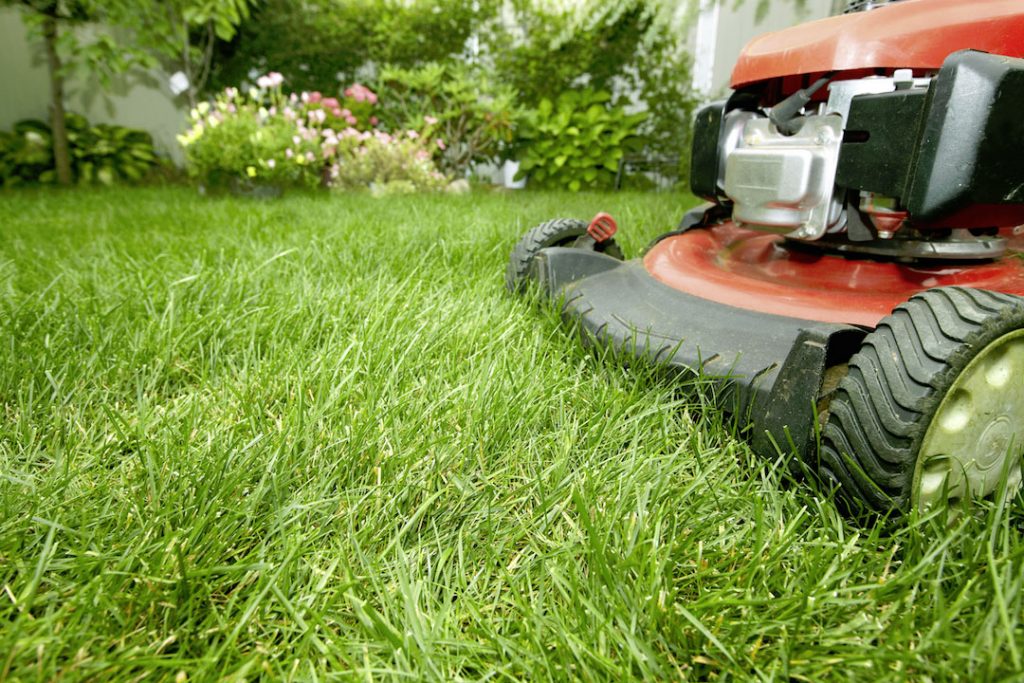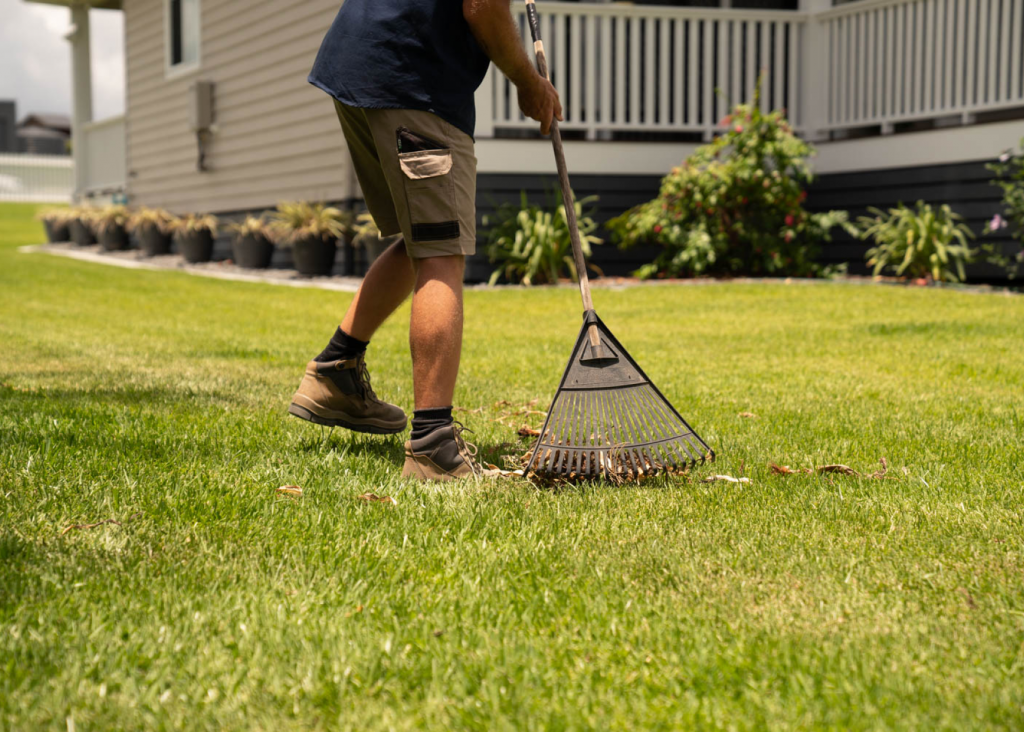Can a Lawn Mower Spread Fungus?
A beautiful green lawn is a natural invitation to relax, play and spend time outdoors. However, ensuring your lawn stays healthy requires effort and a lawn care routine, ...

 The mowing is done, but the weekend is almost over, and you don’t really have time to rake the grass clippings and take them to the tip before it closes.
The mowing is done, but the weekend is almost over, and you don’t really have time to rake the grass clippings and take them to the tip before it closes.
What do you do?
If the lawn is healthy and wasn’t wet, or too tall when you mowed it, it’s okay to leave the clippings on your lawn.
 Grass clippings can actually be beneficial for your lawn in several ways.
Grass clippings can actually be beneficial for your lawn in several ways.
They’re rich in nitrogen and other nutrients which are released slowly as they decompose.
This avoids burning your lawn and can reduce how much chemical fertiliser you’ll need to apply, saving you both time and money.
It also helps if you’re trying to garden along organic principles.
If you have chickens, leaving the clippings on your lawn will give them fresh greens to eat and protect the roots from their digging and scratching.
If you decide it takes too long to keep emptying the catcher or to rake and bag your clippings, it might be time to consider using a mulching mower.
These can be a specialist mower or an attachment that fits to the rear chute of a standard mower and sends the grass clippings back through the blades to be chopped into tiny pieces.
These fine clippings can disappear from the surface within days of mowing, making them less likely to be tracked indoors on shoes or bare feet.
It only becomes a problem when:
 If the clippings are wet or thick they can restrict airflow to the grass underneath and lead to the development of a range of fungal diseases in your lawn, especially in areas prone to high rainfall and humidity.
If the clippings are wet or thick they can restrict airflow to the grass underneath and lead to the development of a range of fungal diseases in your lawn, especially in areas prone to high rainfall and humidity.
These can include Fusarium Patch, Brown Patch, Dollar Spot, Powdery Mildew and Pythium Blight.
Longer grass clippings are also prone to sinking into the thatch layer, making it spongy and holding water that should be absorbed into the soil where the roots can access it.
This will require more frequent dethatching, which can be expensive and time consuming.
Clippings from patches of diseased grass can encourage the disease to spread across your lawn. These clippings should always be collected and binned. Never put them in with your compost.
Lawn clippings can usually be composted and work especially well with brown materials, such as dead leaves, because they’re mostly water. As the clippings decompose, the grass heats up the compost, helping the other ingredients break down faster.
Avoid recycling or adding lawn clippings to compost if you’ve recently applied any type of lawn pesticides, fungicides or herbicides.
It’s best to put these clippings in the rubbish bin for at least three more mowings after applying these products to your lawn.
For more tips and advice to keep your lawn at its best year round, take a look at The Ultimate Turf Maintenance and Lawn Care Guide.